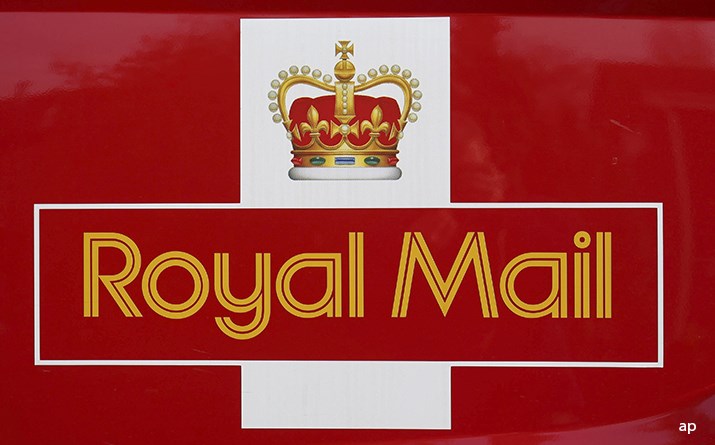
Royal Mail (RMG) has dealt a blow to embattled income investors by suspending its dividend for this financial year as it restructures in the wake of the coronavirus crisis.
Announcing the loss of 2,000 management jobs alongside its annual results, the listed postal operator said it will not pay a dividend for the current financial year of 2020-21. The full-year payout for the year just gone is 80% lower than the previous year at 7.5p, due to the board’s decision not to pay a final dividend for 2019-20.
Royal Mail’s current yield of above 13% should have provided fair warning to investors of a potential dividend cut ahead – every company on our list of top FTSE dividend payers has cut this year when the yield has gone above 10%.
Nicholas Hyett, equity analyst at Hargreaves Lansdown, says the spike in demand for parcel deliveries during lockdown has exposed the company’s lack of investment in this area. Upgrading the parcels network will cost millions in the coming years, so “it’s no surprise that the dividend has gone by the wayside”, he adds. Online retailers are booming but many choose their own couriers rather than using Royal Mail services.
Royal Mail’s debt has increased by 233% in a year to £1.1 billion, while pre-tax profits are down 30% to £275 million. Revenue was up nearly 4% at £10.8 billion, helped by the company’s overseas logistics arm GLS. Chief executive Rico Back left the company last month after two years in the job in which he tried to push through a modernisation programme. Last year we wrote about the impact of chief executive changes on share prices and since Back joined the firm, Royal Mail's shares are 70% lower.
Wait Until 2021 and Beyond
“There is a lot of bad news for many people in these results – particularly the job cuts faced by staff – and the many income investors who own Royal Mail’s shares won’t see another dividend until at least 2021-22,” warns John Moore, senior investment manager at Brewin Dolphin.
After a torrent of dividend changes in March and April from Britain’s blue-chip companies, the pace of cuts has slowed. Recently though, some companies have bucked the trend by announcing dividend increases, including utility giant National Grid (NG.), which yields nearly 5%. The utilities sector as a whole is generally a hunting ground for those looking for safe dividends, says Morningstar analyst Tancrede Fulop. But he fears that National Grid’s dividend – and current policy of maintaining the payout in line with inflation – is also vulnerable and it may have to cut the dividend to maintain its investment grade credit rating.
Investors looking for dividend are focusing on sectors such as healthcare and consumer goods, where companies like AstraZeneca (AZN) and Reckitt Benckiser (RB.) have maintained payouts. Yield on these companies are lower than the FTSE average, however, at between 2 and 3%. Some income investors are looking further afield, for example to Asian equities, and others are looking at alternative sectors such as airports.
Royal Mail floated in 2013 at 330p and members of the public and staff snapped up shares at discounted rates in a much-hyped IPO. Given the high demand and spike in the share price in the year of the float, the Government was accused of selling the company too cheaply. At 168p, the shares are now around half the float price.







.jpg)


















